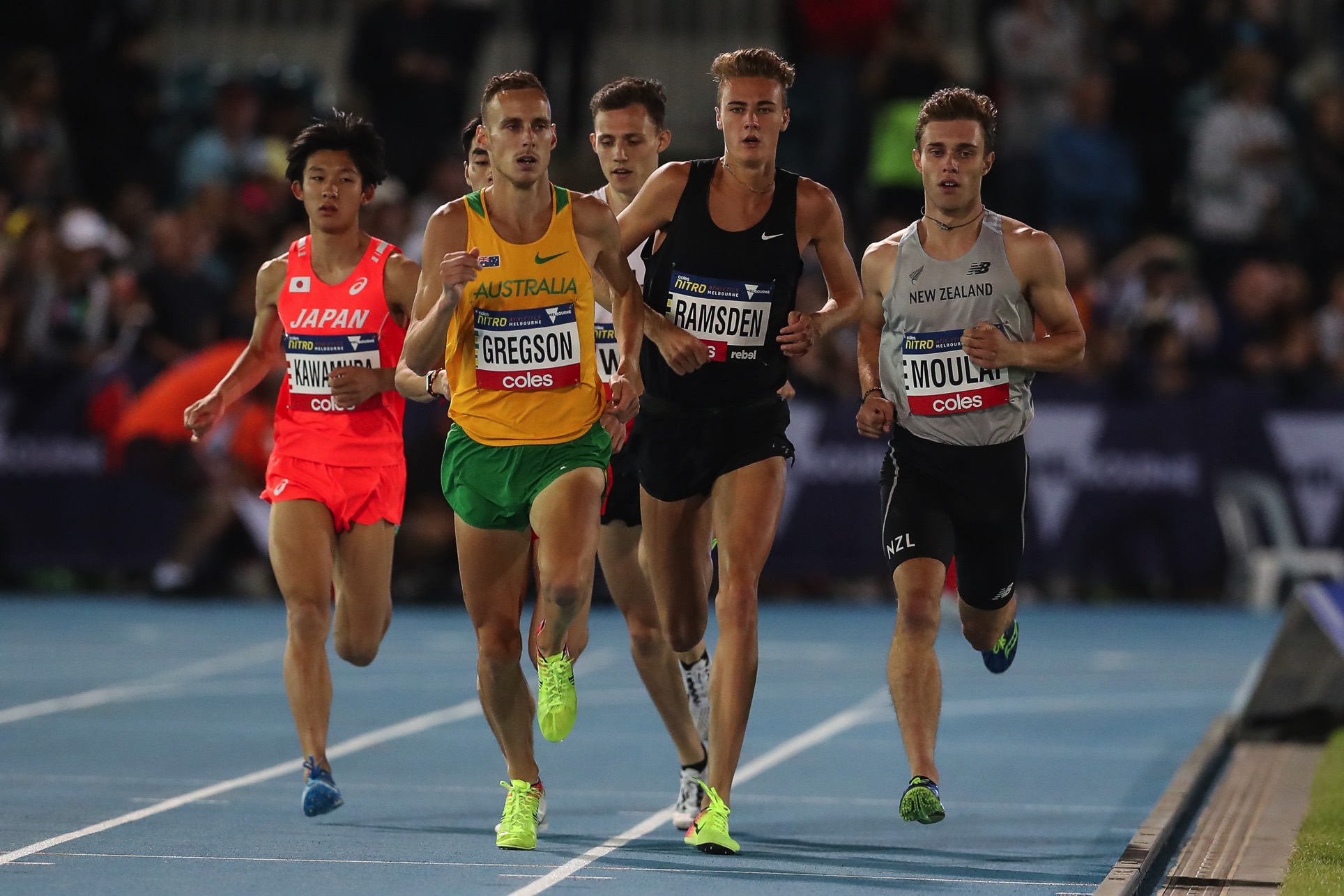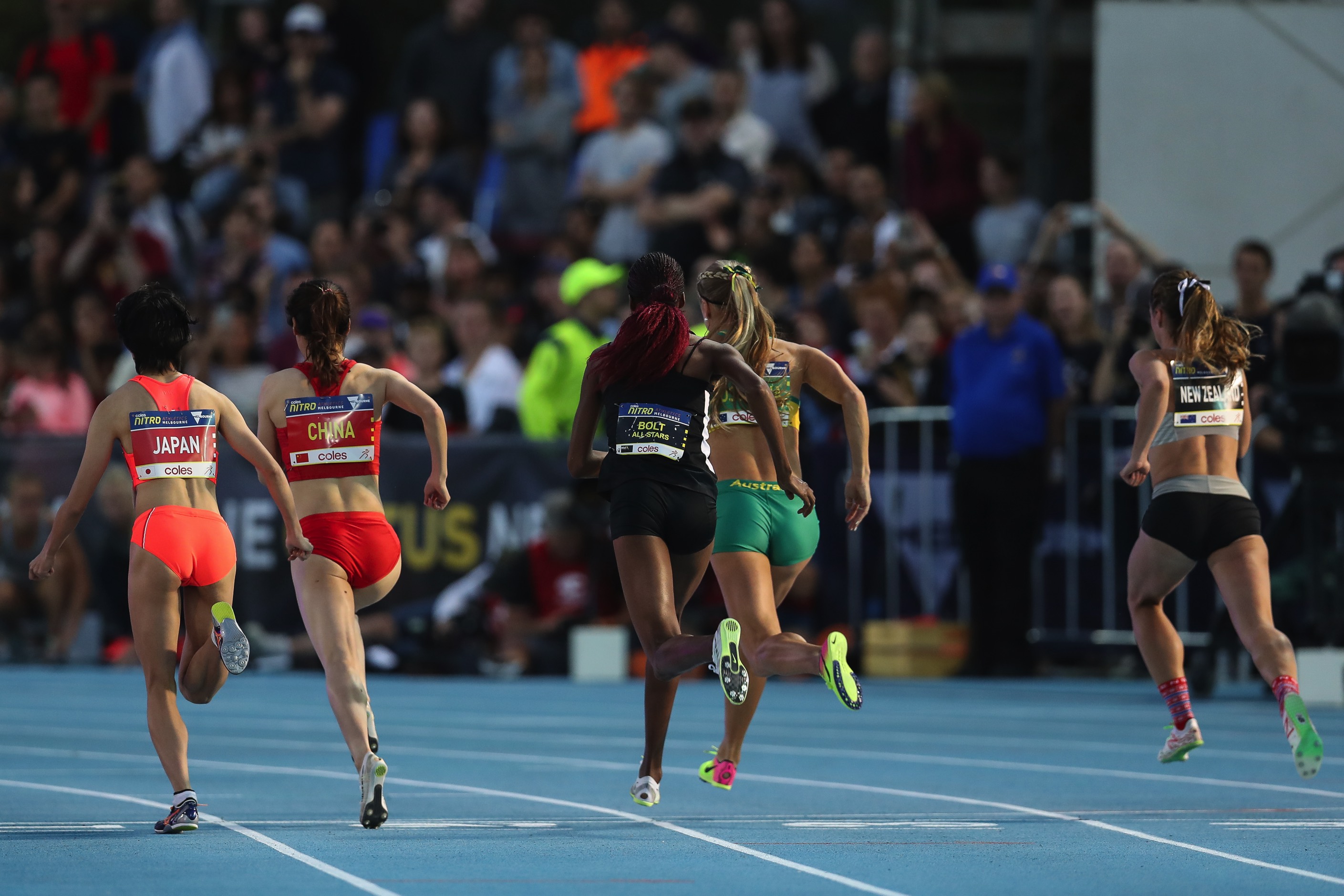Written by Daniel Quin – Runner’s Tribe
Eventually I intend to write about some positive psychology topics associated with running but before that I want to return to the concept of the psychosocial impact of being injured. Last month I explored the problem of reinjury anxiety. Another common psychological consequence of being injured is the loss of athletic identity.
Everybody has a “self-concept”. It consists of all the beliefs, good and bad, that we hold about ourselves. For most competitive athletes some of those beliefs are around our athletic identity. These can take many forms. Presumably Ryan Gregson and Eloise Wellings view themselves as international athletes, amongst a range of other things. A fun-runner may identify as just that – a person who does races for fun, fitness, and competition.

Threats to our athletic identity and self-concept arise when we are injured and can’t train and race. This makes intuitive sense. It is much harder to identify as an athlete when we aren’t participating in our sport. But why is this a problem? Lots of people don’t’ have an athletic identity and it doesn’t appear to cause them a problem. Well, for the majority of us that have participated in competitive running for any period of time, being a runner is actually a part of our self-concept.
If we are injured and can’t see ourselves as a runner then often our self-esteem also falls. This is because all of us have expectations of ourselves and when we don’t meet these expectations we can get pretty down on ourselves. Social psychologists call this self-discrepancy.
This can be a pretty bad cycle because the self-concept of most runners I have met includes a perception that they are a positive person, who can meet almost any challenge. To make things even worse one of the best things a person who is feeling down can do is… exercise!
Fortunately, this negative cycle isn’t inevitable. Below is a list of things you can do to stave off the loss of athletic identity.
- Keep in touch with your training group, partners, and coach – in person and online. The temptation is to stay away and tell yourself that you are in the way. Don’t! Part of being a runner is watching running, talking to other runners, and the silly little routines that we have around getting to and being at training. Cheering, stop-watch duties, drink bottle station is all a second best but it keeps you connected to running and other runners. Coaches and training partners can help with this. Injured athletes need reassurance and thanks for holding the drinks. They need to know when the post-training coffee/ milkshake has been moved.
- Work out the rehabilitation routine. Much of running is the discipline and structure around training. If you can establish a structure for cross-training and strengthening then you will feel like an athlete.
- Which is related to my next point. If you are cross-training at the pool, gym or on the bike, own it! You are a runner, doing serious running business! If you need to join a swim squad, learn and respect the squad rules but take the same running attitude to cross-training.
- This is less likely in a running group but if possible do rehab or come back to full fitness with others. Australian Rules Footballers often describe the benefits of their “rehab group”. They support each other as a team, within the team.
- Finally, and this doesn’t directly address loss of athletic identity, when injured, but a balanced lifestyle helps immensely. The hit to an athlete’s overall self-concept, when injured, will be much less if he or she can redirect some focus and energy to work, study, family, friends, hobbies, etc.
END




Comments are closed.